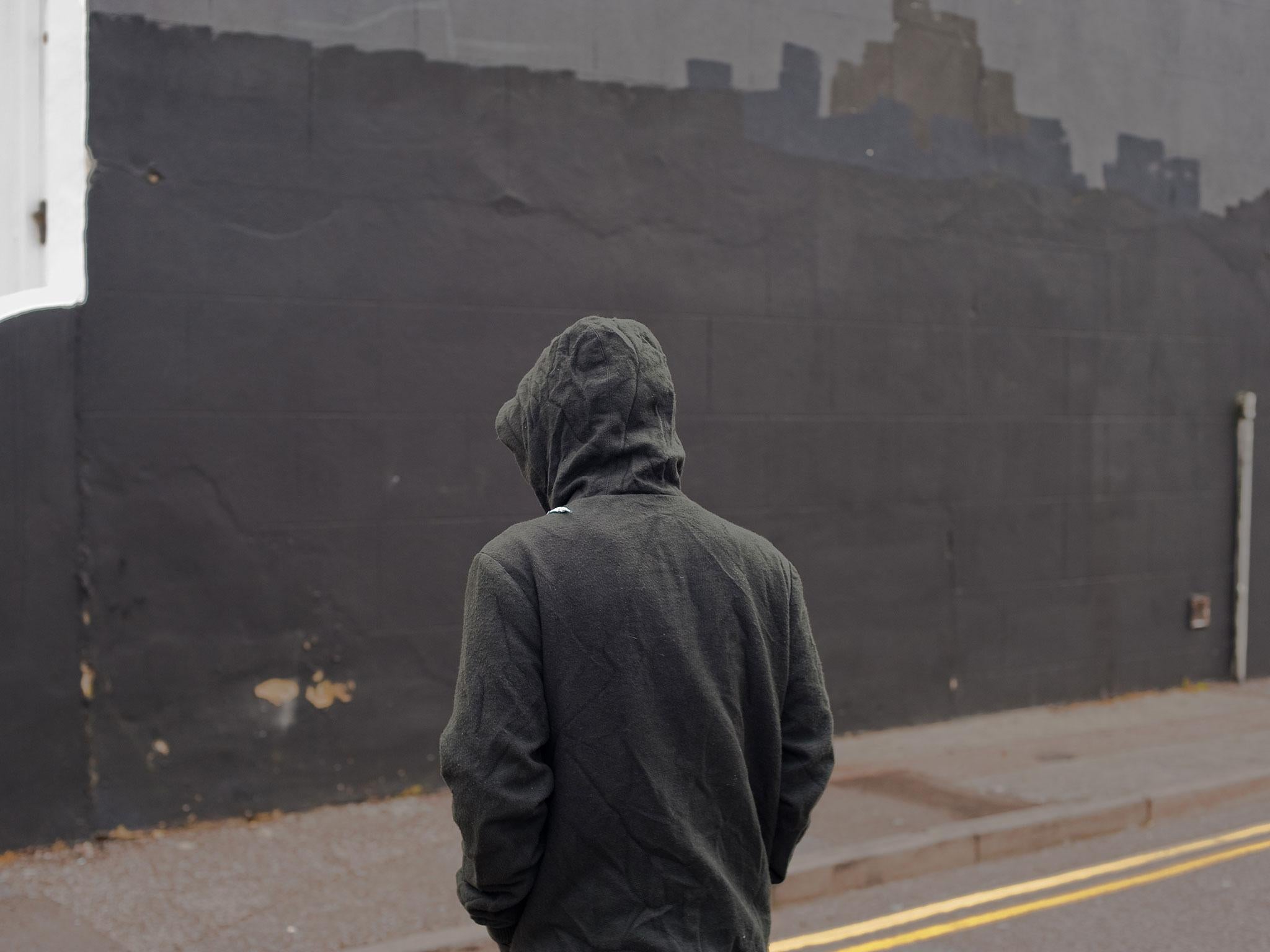Middle-income families, young and poor being 'left behind economically', government warned
Government's Social Mobility Commission says 20th century expectation that each generation better off than preceding one is no longer being met

Your support helps us to tell the story
From reproductive rights to climate change to Big Tech, The Independent is on the ground when the story is developing. Whether it's investigating the financials of Elon Musk's pro-Trump PAC or producing our latest documentary, 'The A Word', which shines a light on the American women fighting for reproductive rights, we know how important it is to parse out the facts from the messaging.
At such a critical moment in US history, we need reporters on the ground. Your donation allows us to keep sending journalists to speak to both sides of the story.
The Independent is trusted by Americans across the entire political spectrum. And unlike many other quality news outlets, we choose not to lock Americans out of our reporting and analysis with paywalls. We believe quality journalism should be available to everyone, paid for by those who can afford it.
Your support makes all the difference.Middle income “treadmill families” have become the new victims of Britain’s growing social mobility crisis, government advisers warned today.
In its annual “state of the nation” report, the Social Mobility Commission said that families earning £22,500 a year have now joined young people and those on low incomes in being unable to climb the social and economic ladder.
The commission found that “whole tranches of middle, as well as low income groups,” which it dubbed “treadmill families”, are running harder and harder and yet standing still. It also highlighted a widening divide between the big cities - especially London - and many towns and counties that have been “left behind economically” and “hollowed out socially.”
Alan Milburn, who chairs the commission, welcomed Theresa May’s pledge to make social mobility a key priority but said it was time for her to match her “big ambition” with “big action.”
The former Labour Cabinet minister told a press conference: “The rungs on the social mobility ladder are growing further apart. It is becoming harder for this generation of struggling families to move up.
“The social divisions we face in Britain today impact many more people and places than the very poorest in society or the few thousands youngsters who miss out on a top university. Whole sections of society and whole tracts of Britain feel left behind. As the EU referendum result showed, the public mood is sour and decision-makers have been far too slow to respond.”
The commission proposed a sweeping 10-year programme of reforms to tackle an unfair education system, a two-tier labour market, a regionally imbalanced economy and an unaffordable housing market.
Its recommendations include building three million homes over the next decade, with a third commissioned by the public sector; expanding the sale of public sector land for new homes and targeted house-building on Green Belt land. The Government’s “Starter Home” scheme should focus on households with average incomes, and when sold these homes should go to other low-income households with the same discount.
The commission said the 20th century expectation that each generation would be better off than the preceding one is no longer being met. It found that those born in the 1980s are the first post-war cohort not to start their working years with higher incomes than their immediate predecessors. Only one in eight children from a low income background is likely to become a high earner as an adult.
Millions of workers - particularly women - are trapped in low pay, with only one in 10 escaping. “From the early years through to universities and the workplace, there is an entrenched and unbroken correlation between social class and success,” the report said.
In a new “geography of disadvantage”, many towns and rural areas - not just in the North - are being left behind affluent London and the South East. In 40 local authority areas, one third of all jobs are paid below the Living Wage. More than half the adults in Wales, the North East, Yorkshire and the Humber, the West Midlands and Northern Ireland have less than £100 in savings.
The commission’s other recommendations include: a legal ban on unpaid internships; scrapping low quality apprenticeships; a “Second Chance Career Fund” to help older workers retrain; a new social mobility league table to encourage universities to widen access and the number of 16-18 year old NEETS (not in education, employment or training) to be cut to zero by 2022.
A Government spokesperson said:“We want to make this a country that works for everyone, not just the privileged few. Whether it's education, jobs, or housing, this means giving families more control over their lives - and doing more to help those who are just managing.
Join our commenting forum
Join thought-provoking conversations, follow other Independent readers and see their replies
Comments